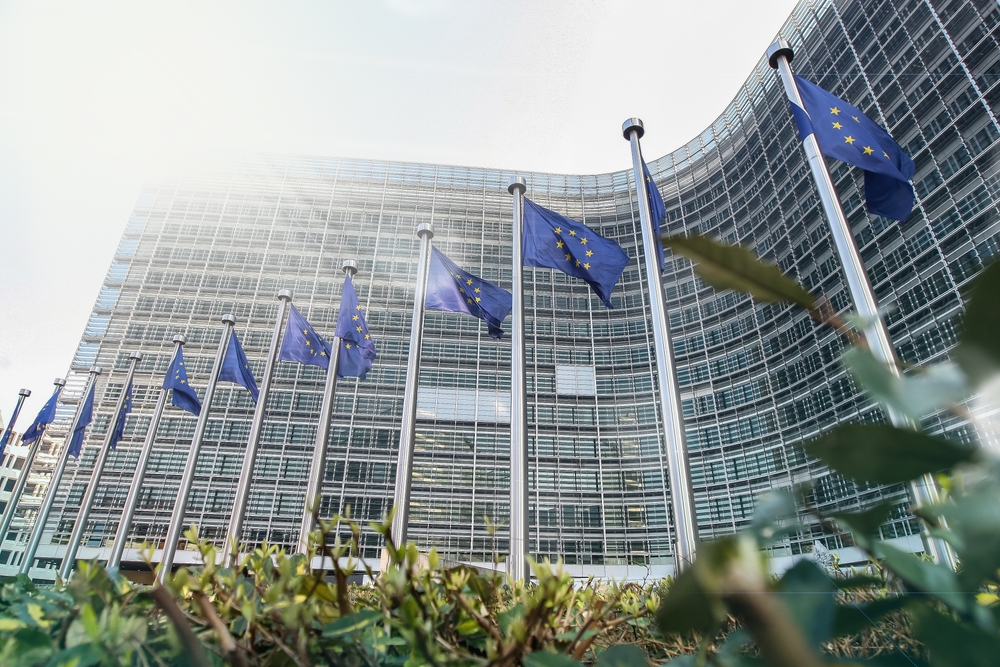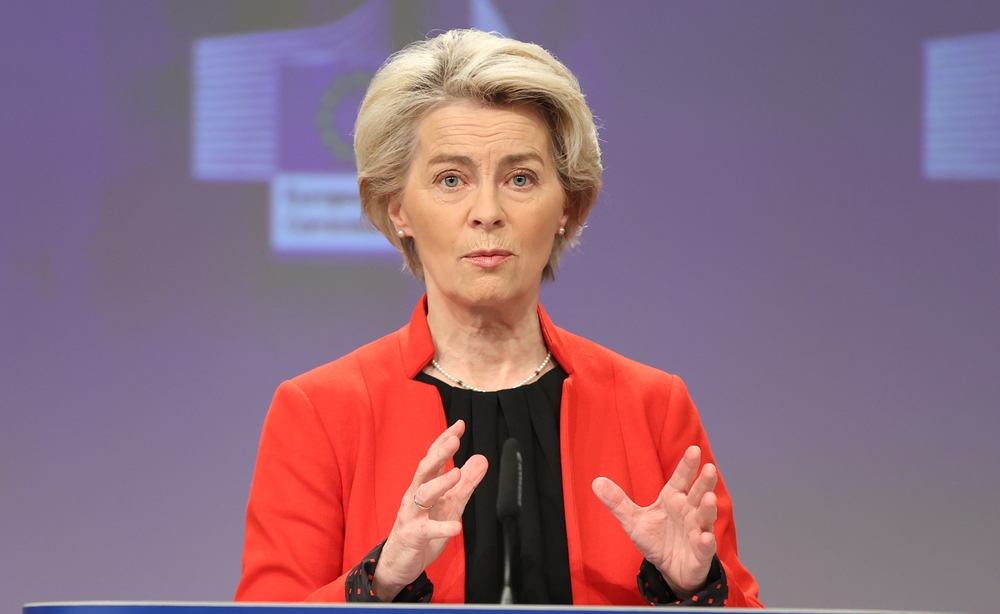
The plenary sessions of the European Parliament in Strasbourg always provide food for political discussion and analysis. Last week the main, practically the only, topic of discussion was competitiveness, following the presentation of the Competitiveness Compass two weeks ago. I will not talk about it again as I devoted four long explanatory articles to it.
On Tuesday the Commission published its Work Programme for the year 2025 and on Wednesday the debate was already taking place. It’s ridiculous. Three hours of debate with dozens of MEPs on a document published just a few hours earlier. Anyone who knows a little about the way things work in Brussels will say that it’s normal. It hardly even attracts attention any more, but it’s obvious that it’s the only parliament in the world that works like this. Or rather, they don’t work. This means that none of the MEPs who took part — perhaps none is an exaggeration, but it’s not far from the truth — had read the document to be debated. It should not be forgotten that the plenary session began on Monday and that MEPs — between meetings, plenary and committee interventions — do not have much time. It can be deduced, therefore, that the people who read and worked on the Commission’s work programme were the assistants and advisers left behind in Brussels.
 I say this because it is a terrifying way of doing politics. Presenting documents that will be debated the next day and that those taking part in the debate have, at most, read the summaries that their advisers have written for them. And so it is understandable that there are so many parliamentary assistants, a brutal structure that forms part of the Brussels bubble and the bureaucrats. It is the responsibility of the MEP to prevent their assistant from getting them caught up in the globalist wave.
I say this because it is a terrifying way of doing politics. Presenting documents that will be debated the next day and that those taking part in the debate have, at most, read the summaries that their advisers have written for them. And so it is understandable that there are so many parliamentary assistants, a brutal structure that forms part of the Brussels bubble and the bureaucrats. It is the responsibility of the MEP to prevent their assistant from getting them caught up in the globalist wave.
Úrsula did not attend the debate. She did not even appear despite the fact that everyone was expecting – and demanding – her presence. Some of the interventions were aimed at criticising this way of working by the Commission, this lack of respect for the European Parliament and Von der Leyen’s absence. All true; although it was the socialists who emphasised it the most.
After the debate on this Commission Work Programme for 2025 – lasting about 3 hours – the Conference of Presidents included on the agenda a crazy, mind-boggling and unjustifiable debate on ‘the threats to the competitiveness of the alliance between conservatives and the far right’. Crazy because in reality nobody felt concerned by the debate. Such is the use and abuse of the concept of ‘far right’ by the political left and the media that nobody knows if they are in or out any more. The same happens with the concept of ‘conservative’.
The interventions were almost surreal. You could see Greens, Socialists and Liberals blaming the Patriots for the growing rejection of the Green New Deal and the suicidal social-democratic economic policies; those of the European People’s Party calling for the alliance with the Socialists to be maintained while criticising the Patriots, reaching out to the European Conservatives and Reformists (ECR) and repeating like a mantra that they would never make a pact with FPÖ (Austria) and AfD (Germany). The question is that if the European People’s Party is ‘conservative’, the ECR becomes far-right, in the same boat as the patriots and sovereigntists; but if only those who call themselves conservative are conservative, the notion of far-right would be reserved for patriots and sovereigntists.
The European left and the MEPs of the European People’s Party, who live off labelling and classifying their adversaries, are quite confused on this issue. Thus, some consider the ECR to be far right, claiming the EPP’s ‘flirtations’ (which are only cosmetic, because when it comes down to it, there has been no change) and demanding not to move from the grand coalition; others, on the contrary, understand that the EPP is still in the right place and what they demand is that it does not make ‘strange’ moves.
 To make you understand, it all comes down to the offer made by Jordan Bardella (chairman of the parliamentary group Patriots for Europe) to the ECR, the Sovereignists and the European People’s Party to work together to suspend the effects of the so-called Green Deal. The ECR, it seems, was open to examining this alternative to the Commission’s work programme, and that set off alarm bells in Brussels. The alarm bells are still ringing. The EPP closed ranks on a kind of third way: neither climate change nor competitiveness. In other words, they don’t know where they stand.
To make you understand, it all comes down to the offer made by Jordan Bardella (chairman of the parliamentary group Patriots for Europe) to the ECR, the Sovereignists and the European People’s Party to work together to suspend the effects of the so-called Green Deal. The ECR, it seems, was open to examining this alternative to the Commission’s work programme, and that set off alarm bells in Brussels. The alarm bells are still ringing. The EPP closed ranks on a kind of third way: neither climate change nor competitiveness. In other words, they don’t know where they stand.
But at the same time the People’s Party broke off negotiations with the FPÖ to form a government in Austria, which seems to indicate that they do know where they stand. They are still in the same place. Politicians should be judged by their actions, not their words.



 Subscribe
Subscribe